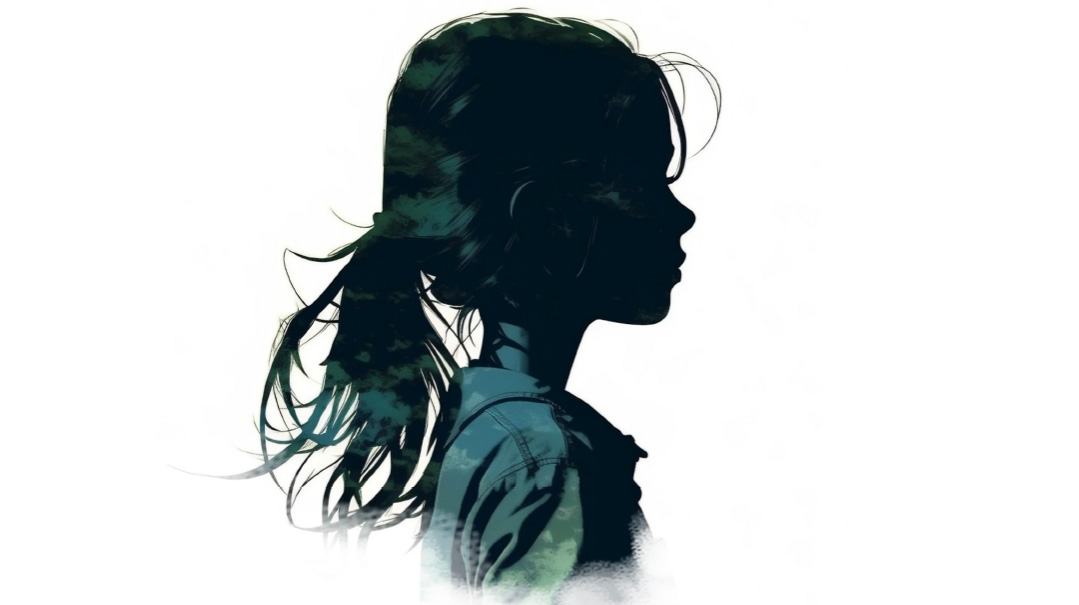Vered’s Story: Chapter 10
| January 3, 2023Before I could lose my nerve, I blurted out, “I have something to tell you. Something crazy”

Idiscovered something interesting in camp. I learned all about “in-towners” and “out-of-towners.” But both groups considered me “different.”
Because of my quality upbringing, several years of homeschooling, coupled with the fact that my parents had never allowed a television in our house (as I mentioned, this was before we became religious; they believed that TV “makes kids dumb”), I was a rather sheltered young teen. I wasn’t familiar with references to outside culture, didn’t know movies and characters, and didn’t know any non-Jewish music. I was so sheltered, that in many ways, I related more to many of the “in-towners,” who had also grown up without those things. But culturally, I connected much more with “out-of-towners” and shared their opinions, thoughts, and feelings on many topics. Ironically, the fact that I didn’t share many of their experiences led them to mark me as “sheltered” and “yeshivish.” It was a weird place to be. I didn’t feel like I fit it anywhere.
I was trying to join a culture that would never accept me — even if I wore shirts with alligators and had side bangs. There seemed to be very rigid lines deciding who fits in and where.
When I’d first started in Bais Yaakov, I was calm and confident in my status as a convert. Not only that, but I knew that the Torah demands that geirim be treated with the utmost respect. It didn’t occur to me that frum Jews wouldn’t observe this halachah carefully. After the incident with my favorite teacher, which I wrote about earlier, it hit me that not all religious people thought that being a convert was so great. When I realized that, I closed up. Instead of confidently and proudly sharing my status as a giyores, I stopped sharing. I stopped telling people that I wasn’t born Jewish.
So in camp, I hadn’t said a word. I kept quiet and worked hard on trying to fit in.
Eventually, I decided to try an experiment. I wanted to see what would happen if I shared my past with one of the friendly, popular girls in camp. What would she do? How would she react? I knew I was hiding my status because I felt that I might not be accepted if I shared. So it was sort of a challenge: Will you still accept me after you know that I’m a convert?
First I had to choose someone to tell. I settled on Hadassah. We had a lot in common, and we’d become friendly in the last few weeks. She made me feel comfortable, and we enjoyed spending time together. After choosing Hadassah as my subject, though, I started getting nervous. I liked hanging out with her, and I was worried our relationship would change. Would she look at me differently? The apprehension made my heart beat faster every time I thought of telling her. I realized I could go on without sharing, but I wanted to be accepted as me.
Late one night, after lights-out, we were sitting on my bed in the bunkhouse. It was silent, save for the crickets’ song outside the bunkhouse window. My heart was beating so loudly that I was afraid Hadassah would hear it, too.
Before I could lose my nerve, I blurted out, “I have something to tell you. Something crazy. I’ve been wanting to tell you — but I don’t want you to look at me differently.”
Hadasah fixed a pair of wide eyes on my face, and my throat went dry.
It was now or never.
to be continued…
(Originally featured in Mishpacha Jr., Issue 943)
Oops! We could not locate your form.


